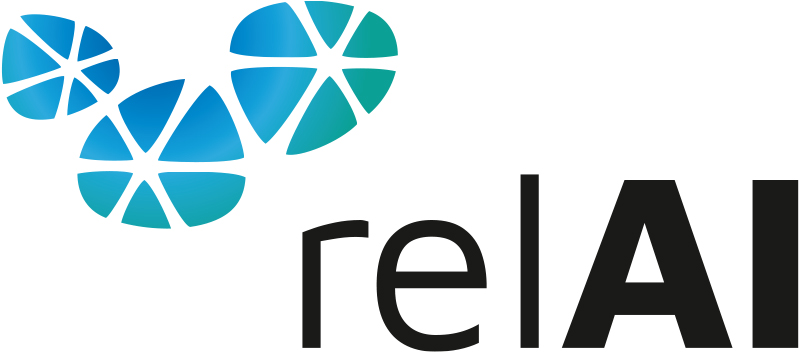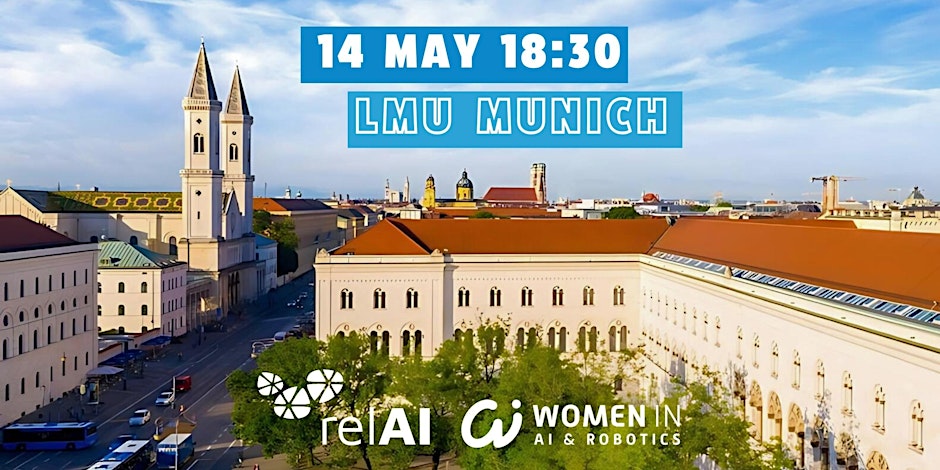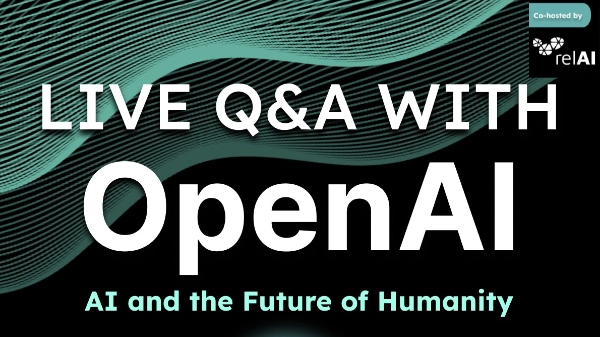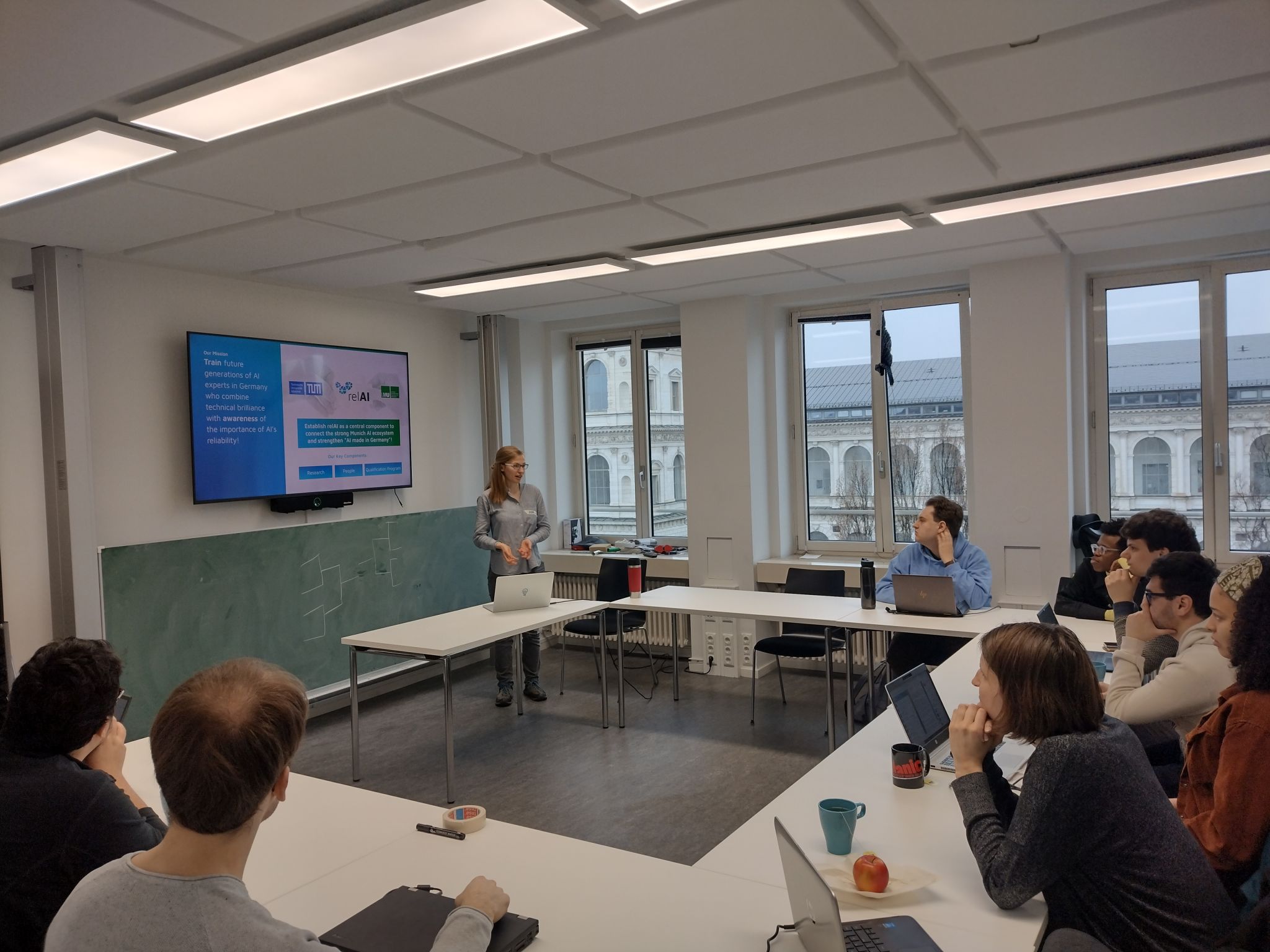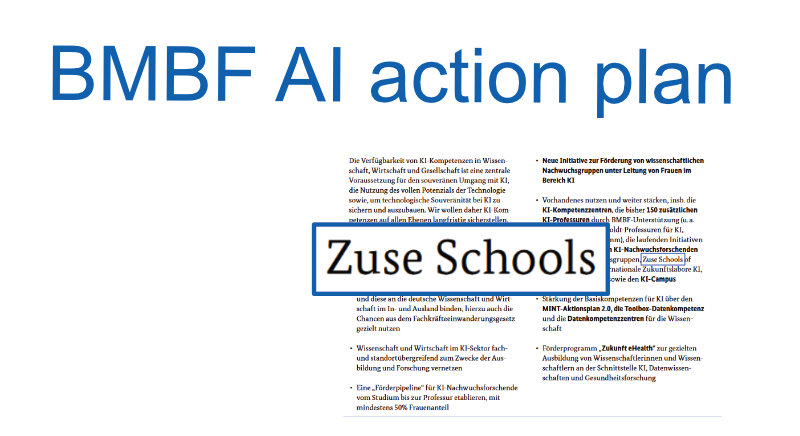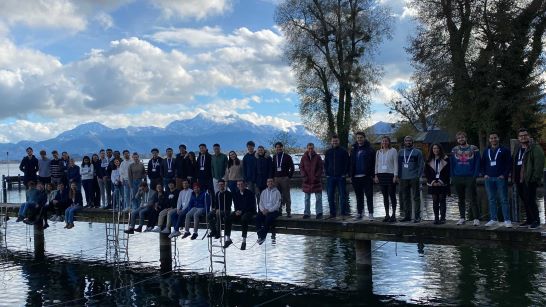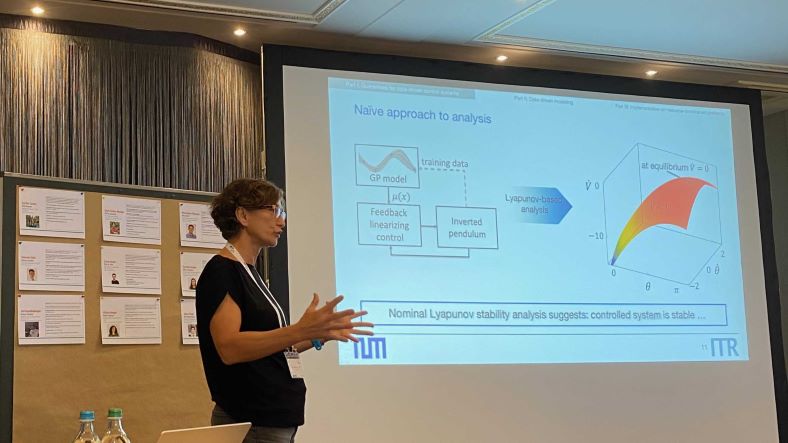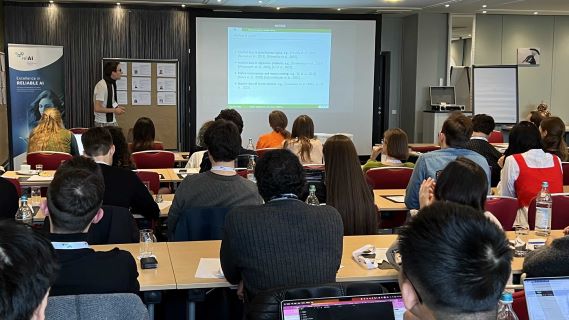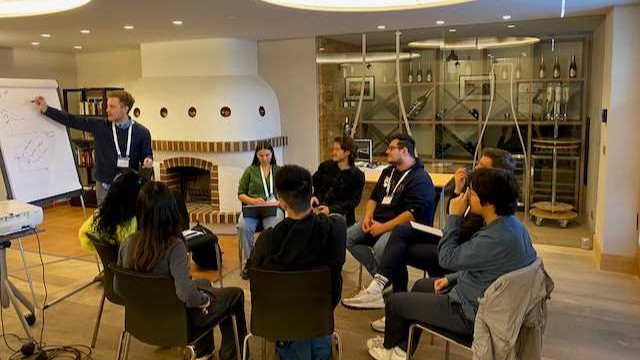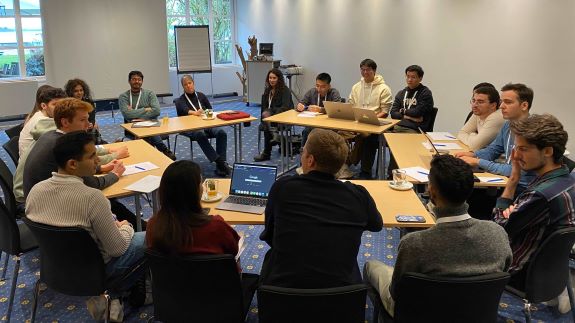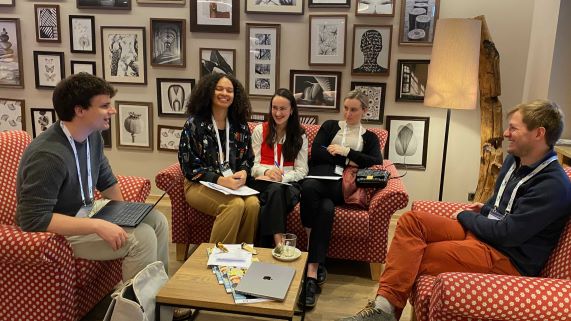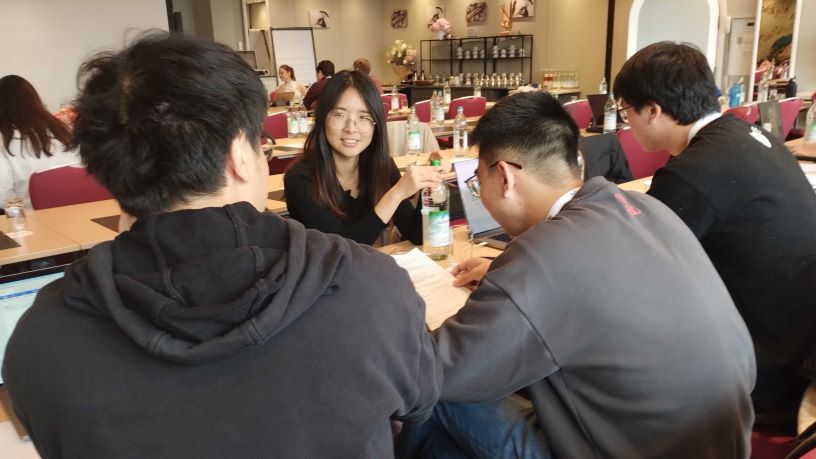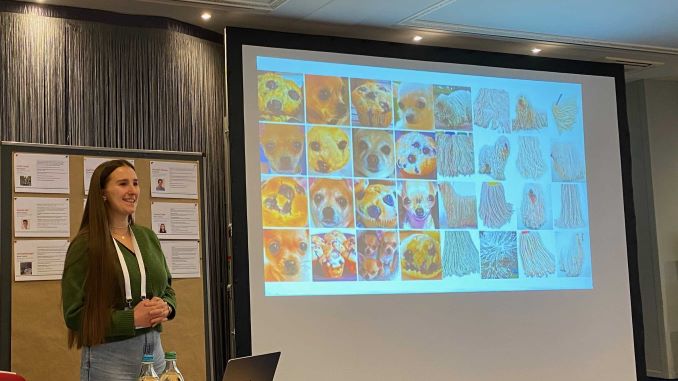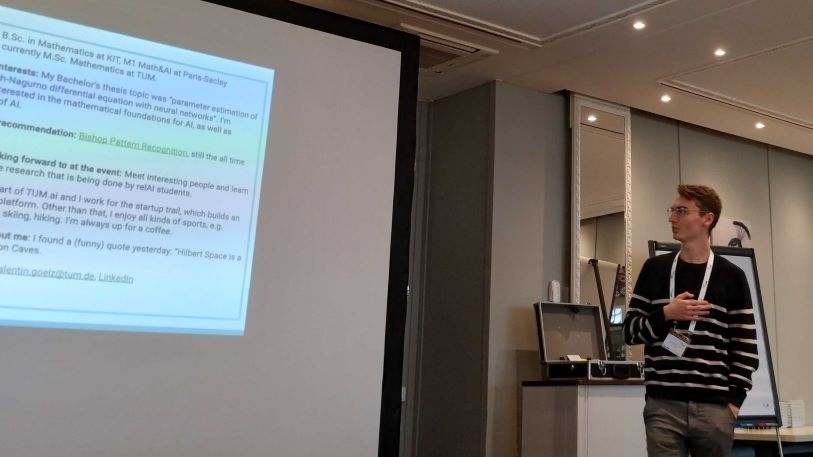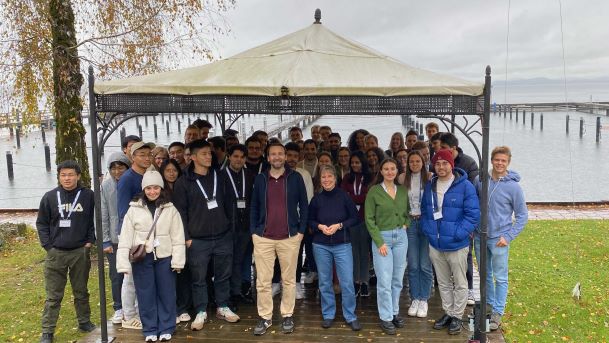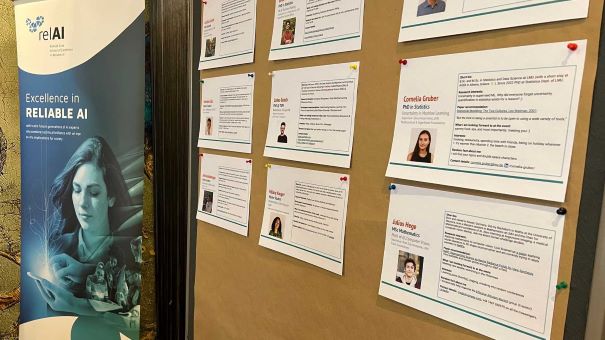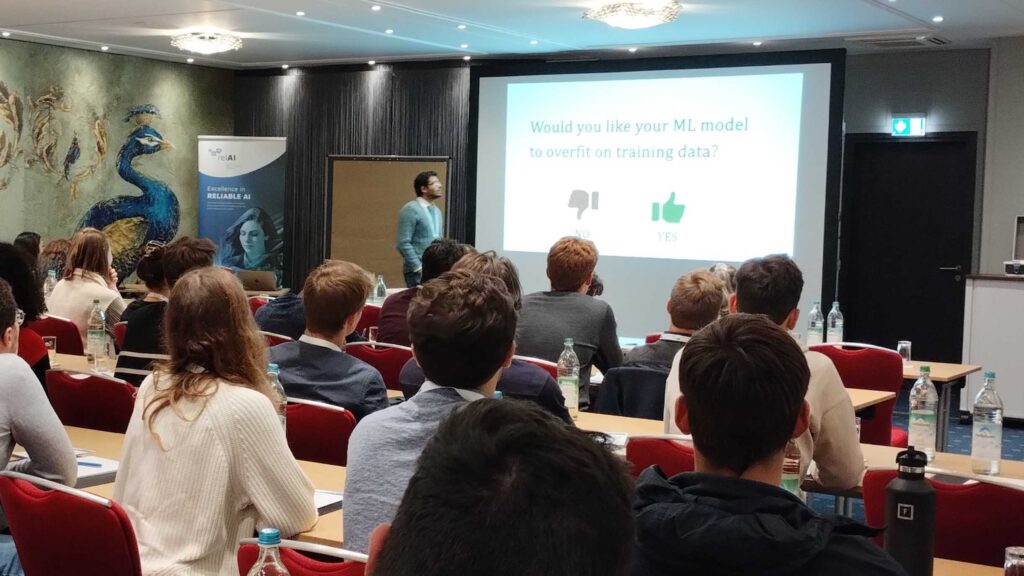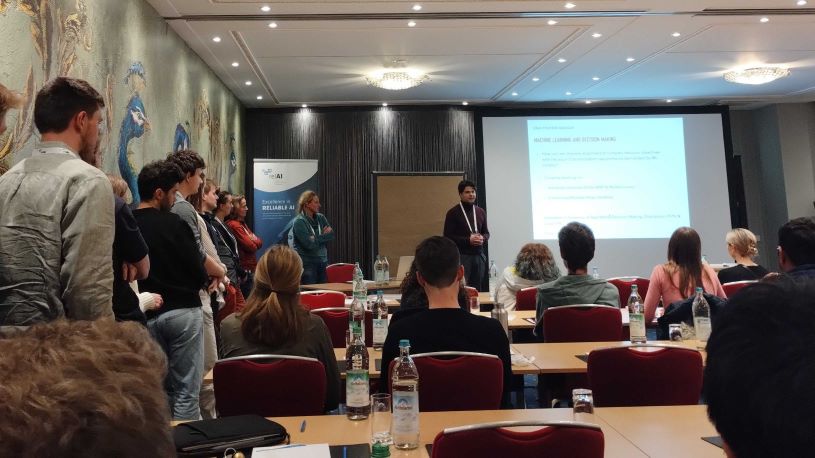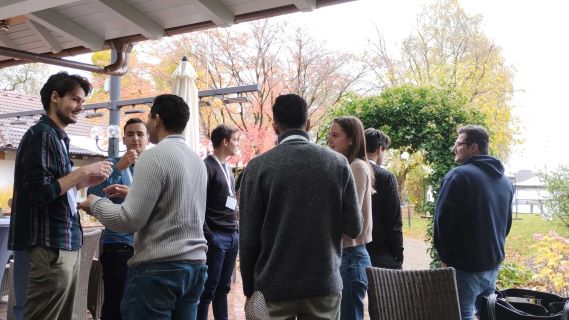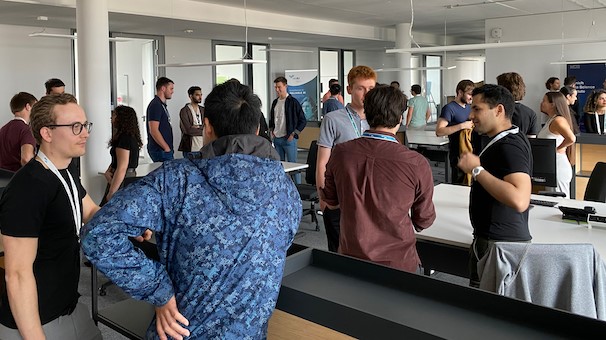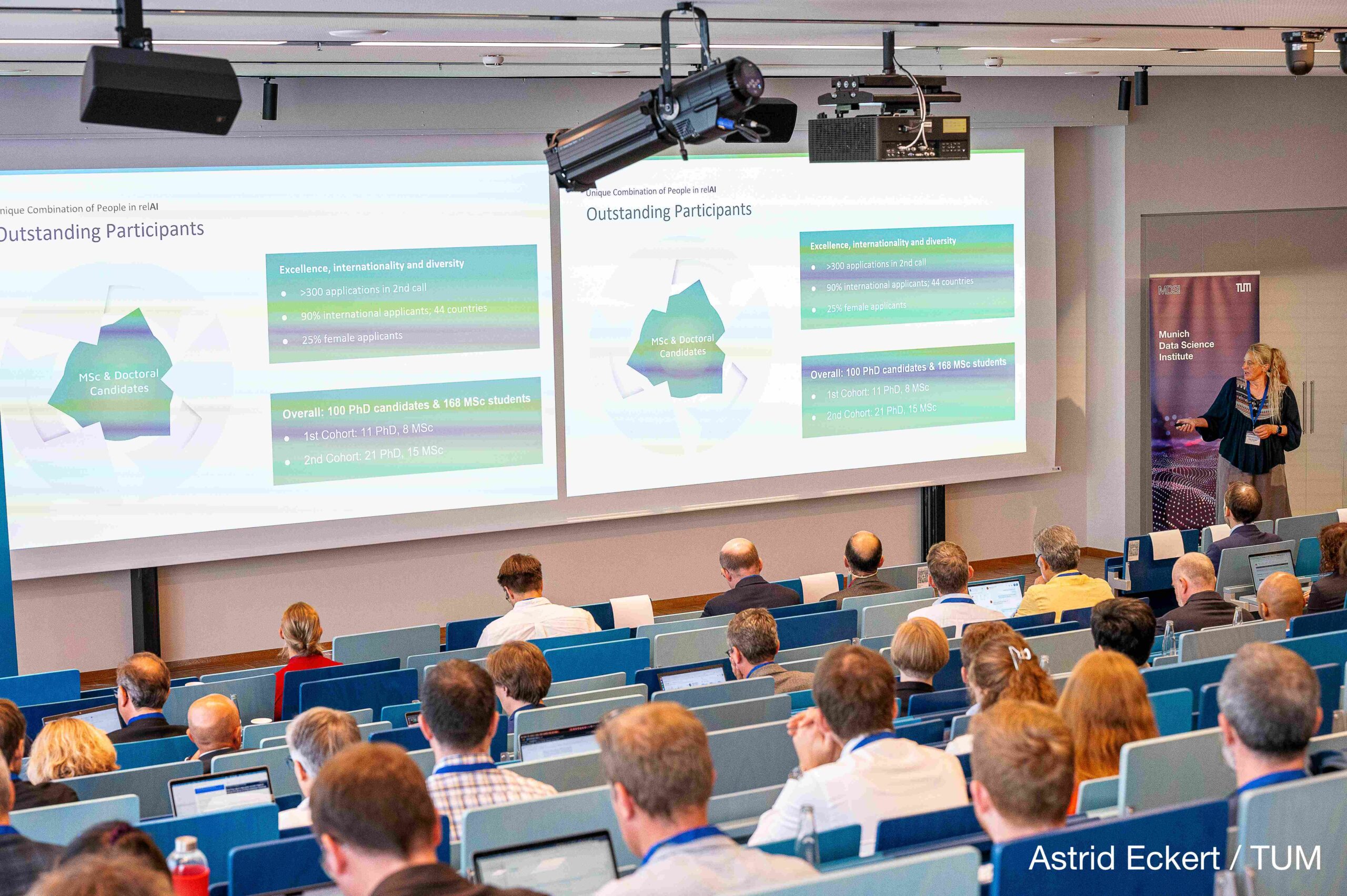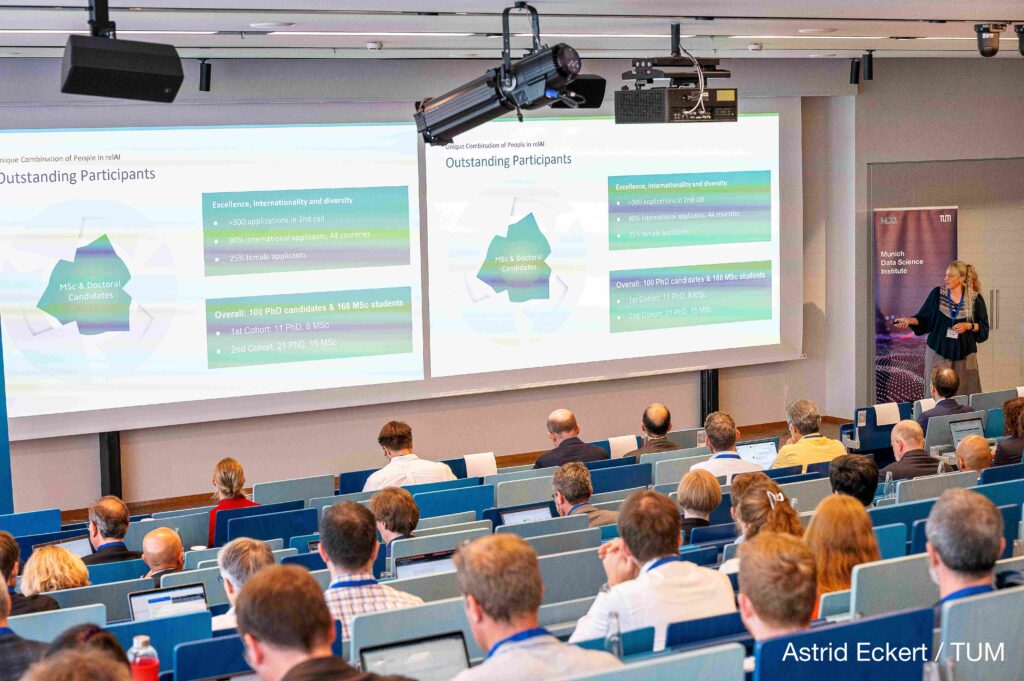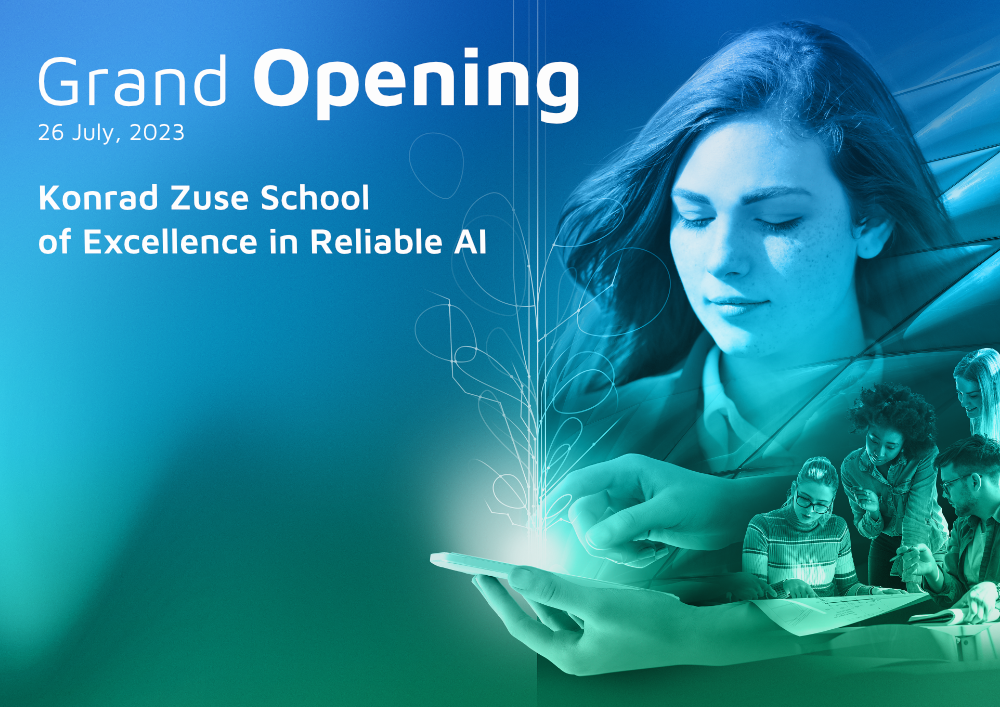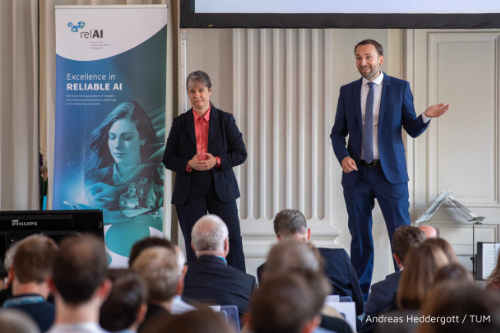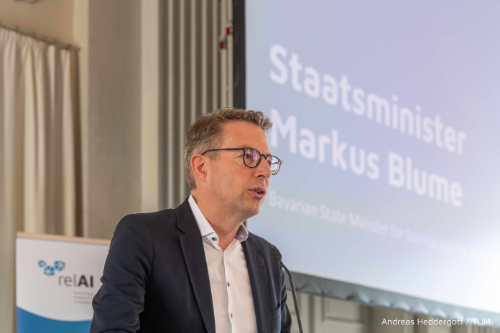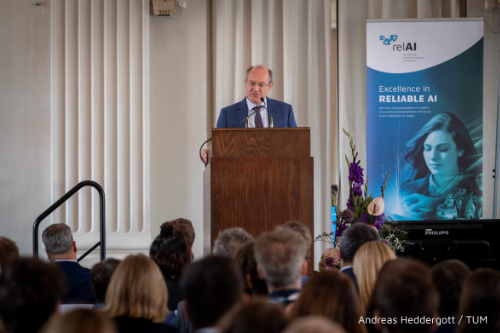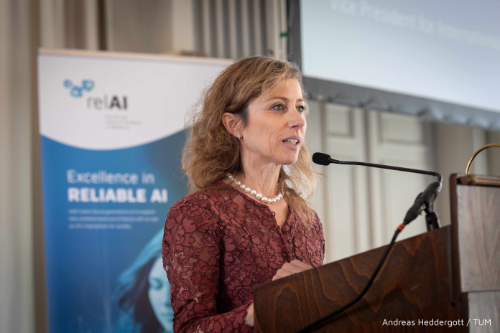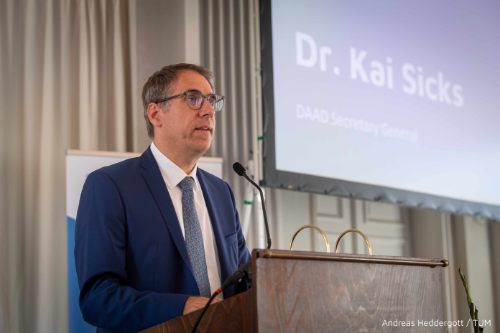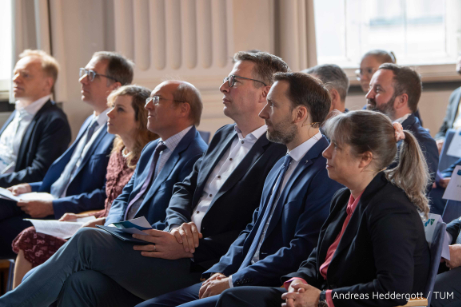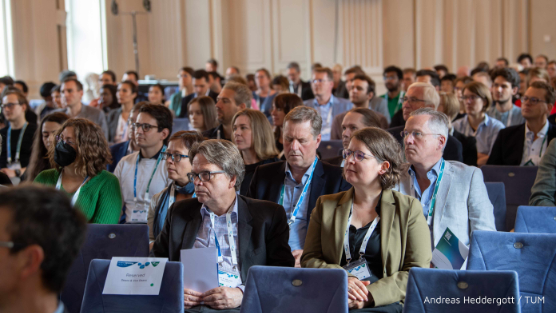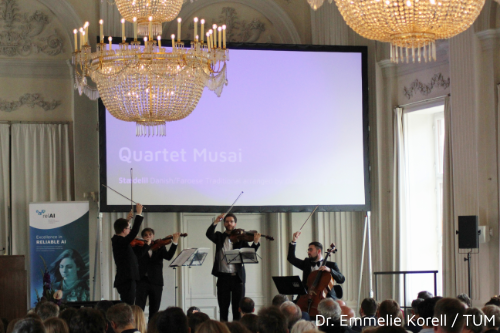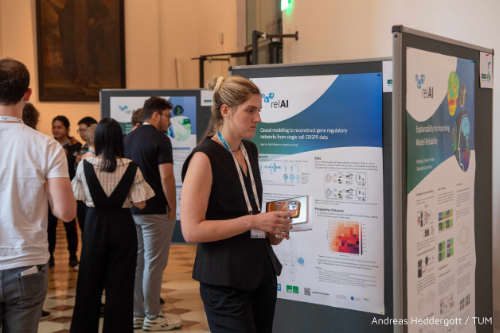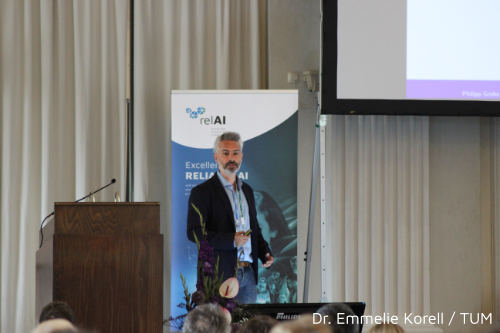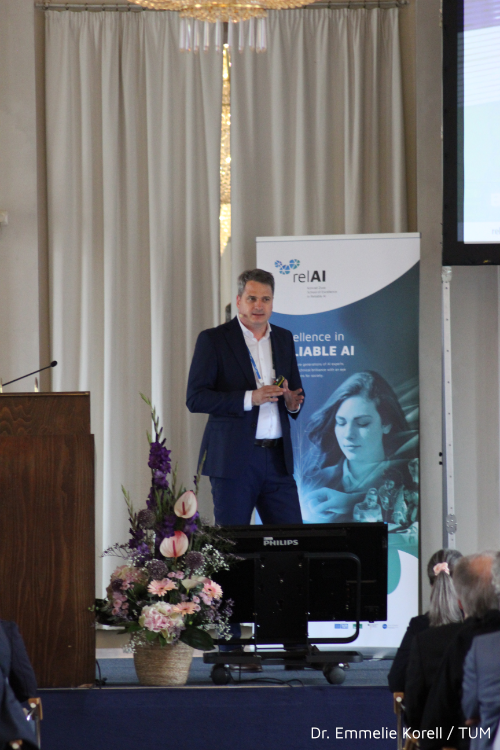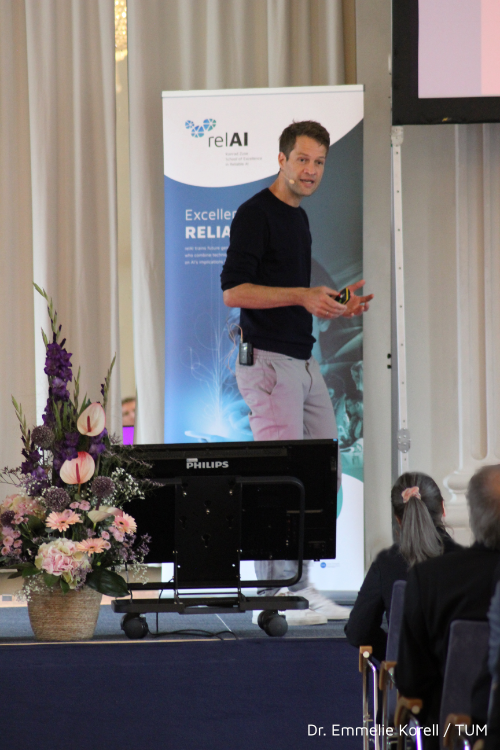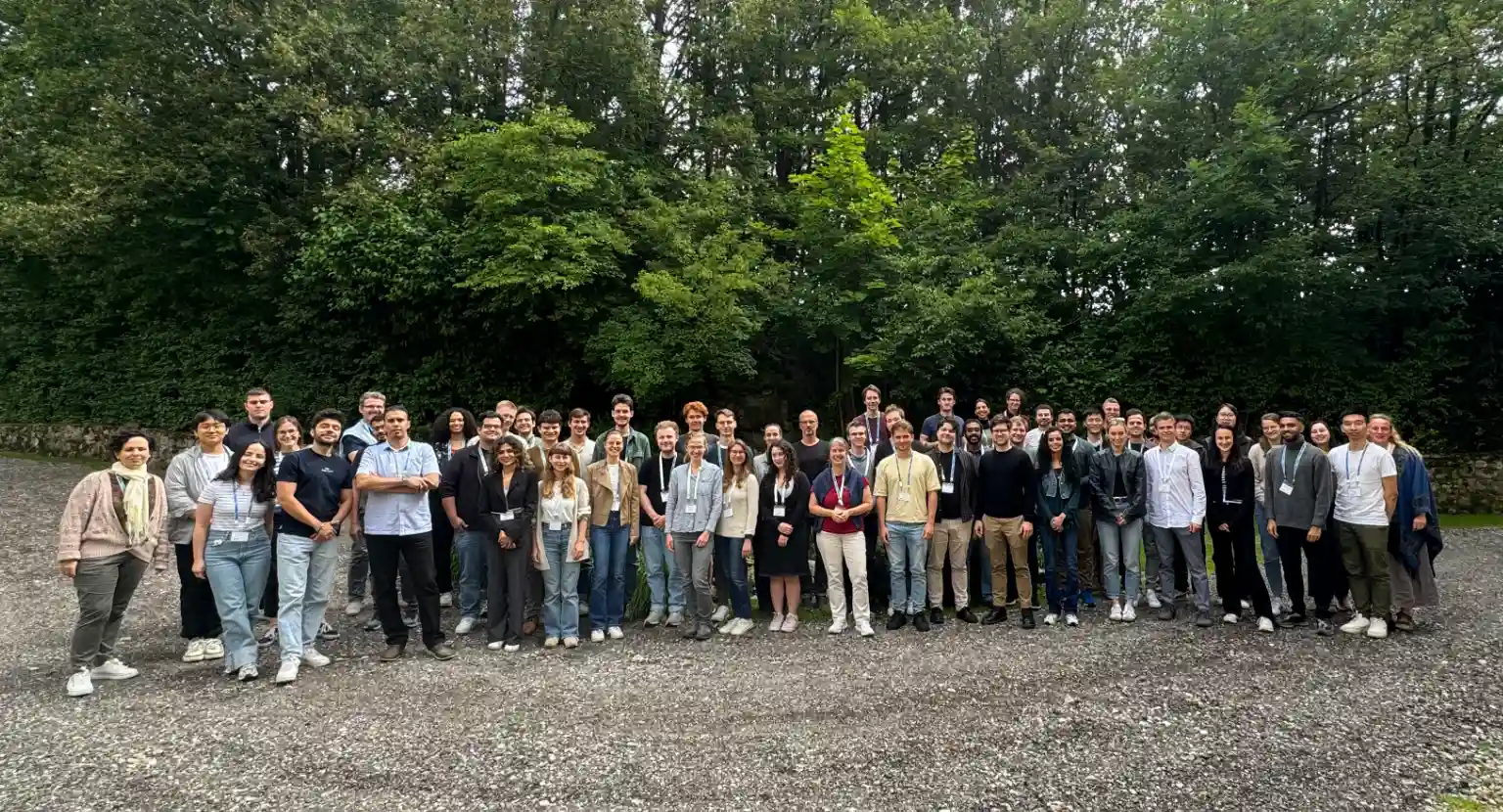
We are thrilled to share the outcome of the recent (03 - 05.07) relAI retreat, which brought together more than 50 fellows and students in Miesbach. Over the course of three days, participants engaged in intriguing discussions, insightful keynotes, and a variety of activities focused on the various aspects of reliability in AI.
Among the highlights of the event were inspiring keynote presentations. These spanned all four research areas of our school: Mathematical and Algorithmic Foundations, Medicine & Healthcare, Robotics & Interacting Systems and Algorithmic Decision-Making.




Students got to know each other better during the Speedgeeking and Lightning Talks sessions. The first one consisted of five minutes one to one discussions on questions relevant to relAI students. The Lightning Talks, one minute presentations of each student´s research topic, allowed for a fast though comprenhesive view of the research carried out throughout relAI.

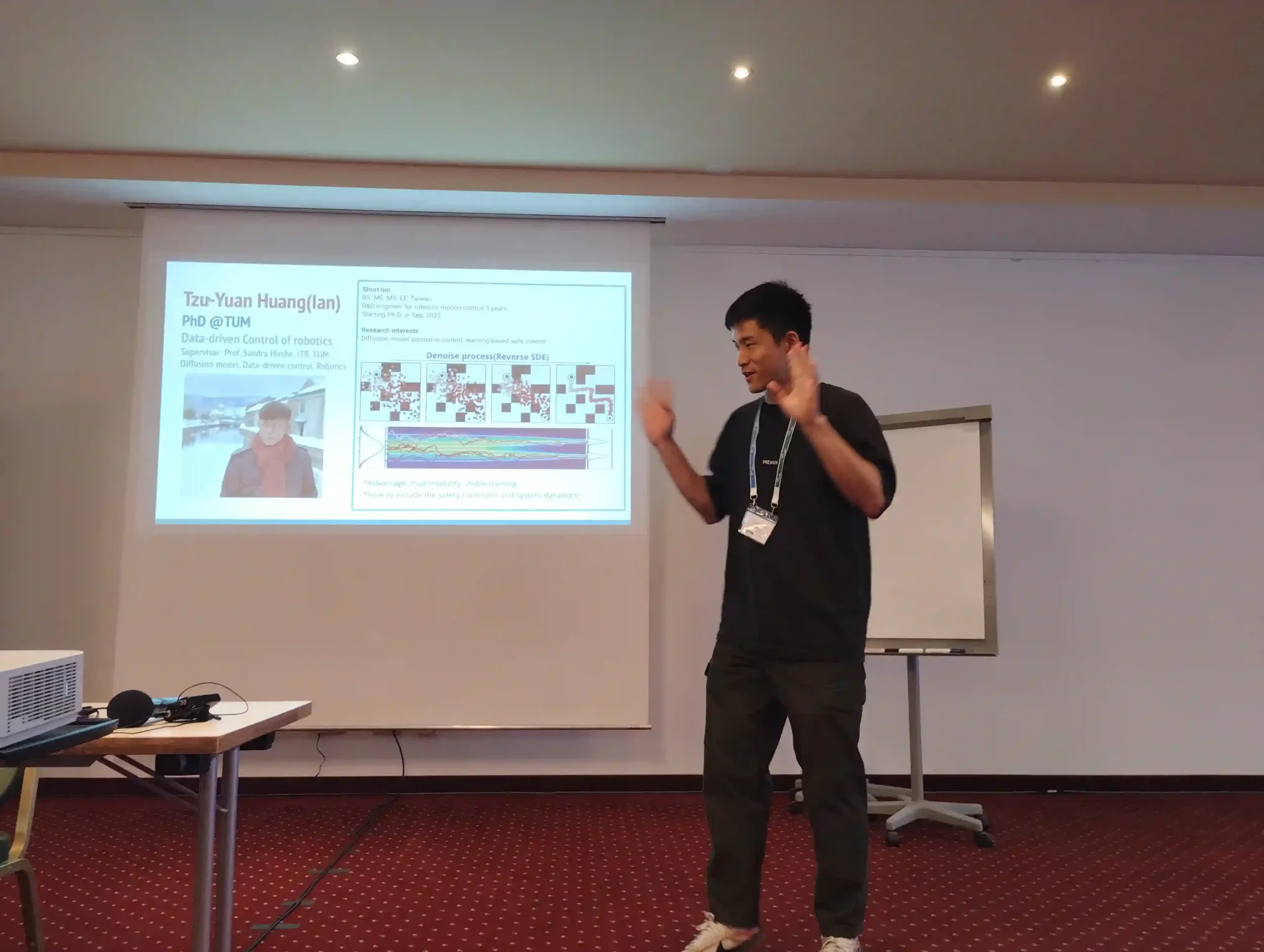

A part of the retreat followed an unconference format, fostering engaging group discussions on various challenges of reliability of AI. These ranged from the lack of sufficiently large datasets in medicine and healthcare, to explainability of foundation models and the societal impacts of large language models.
Some of the discussions focused on improving the relAI program, such as our relAI seminar, relAI blog and relAI safety hackathon.
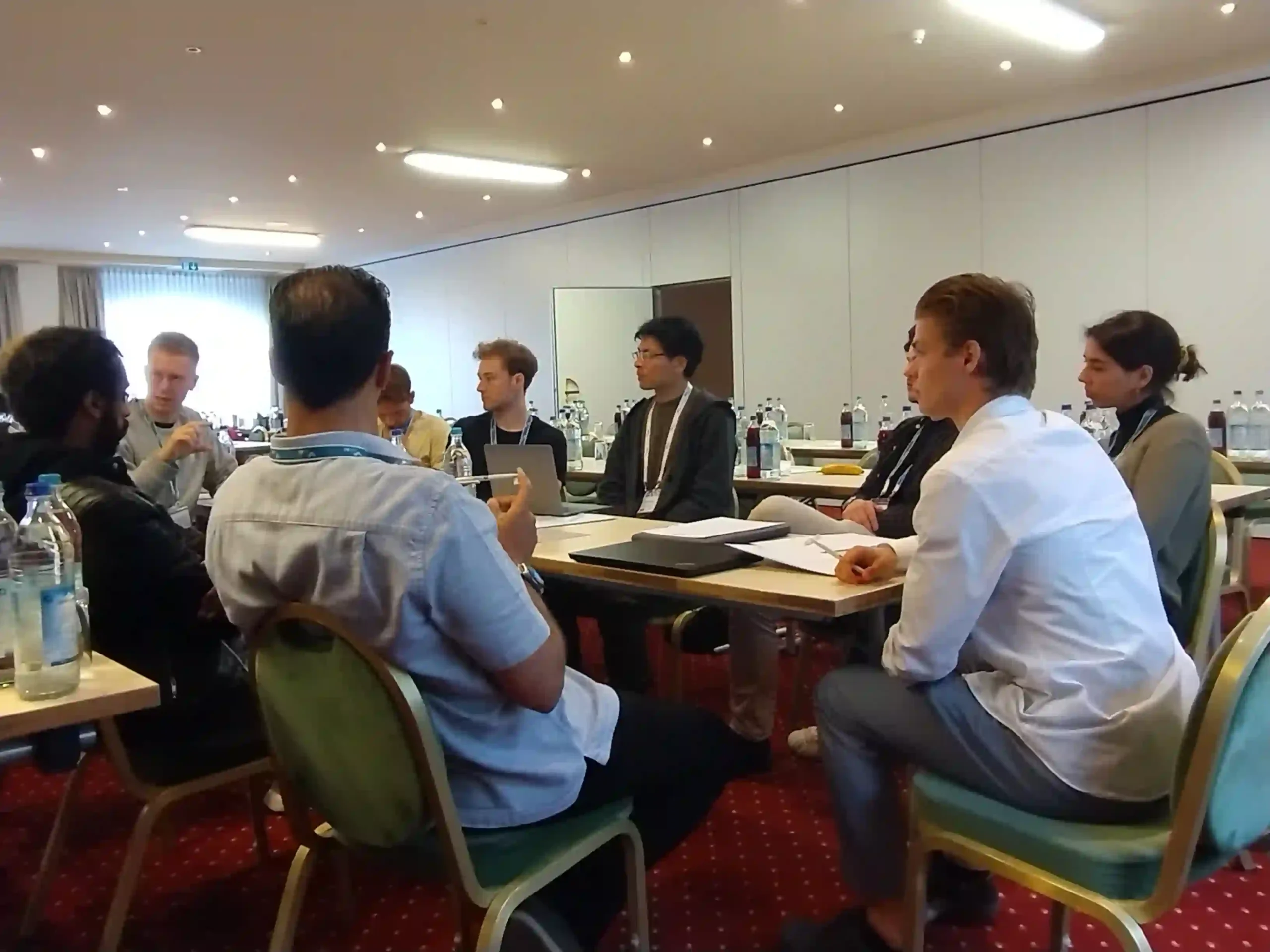


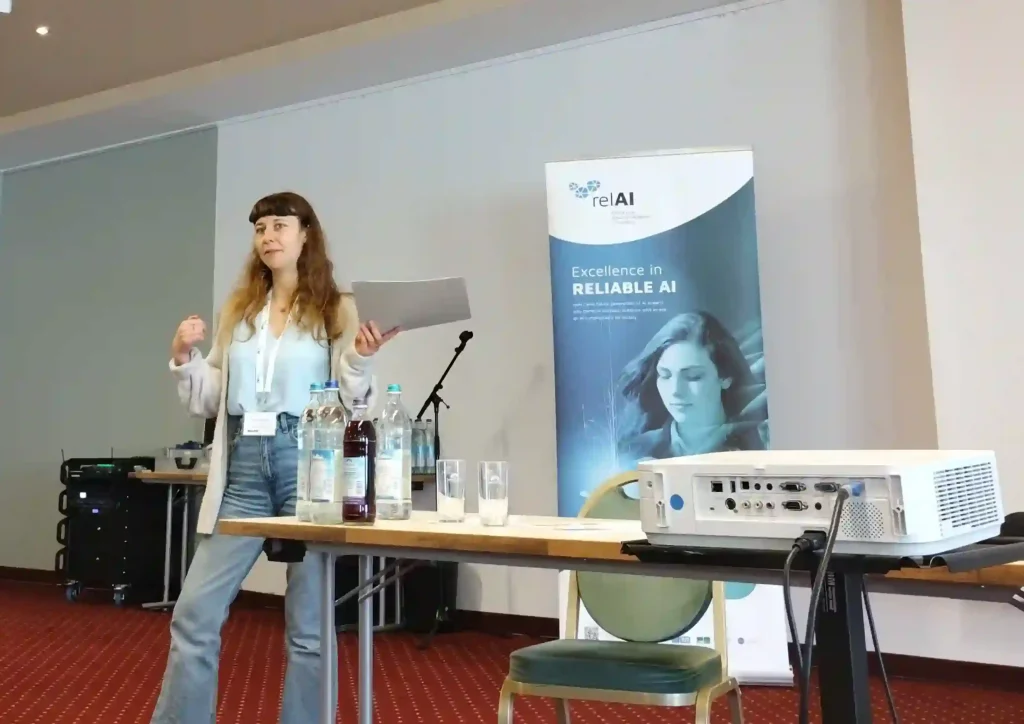


Towards the end of the retreat, relAI Fellows celebrated the third relAI Fellows assembly, a successful meeting that tackled organizational and research issues of the school.
As relAI integrates into the Universities of Excellence, TUM and LMU, bringing together members who work and study across various parts of Munich, events like this retreat are invaluable. They strengthen the "relAI family," fostering collaboration, scientific exchange and community spirit. We are already looking forward to the next retreat!
Thank you to everyone who participated and contributed to making this event a great success.
